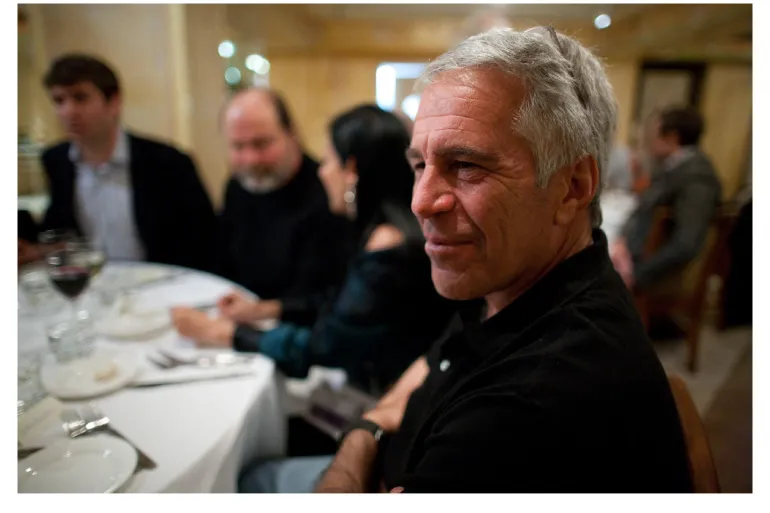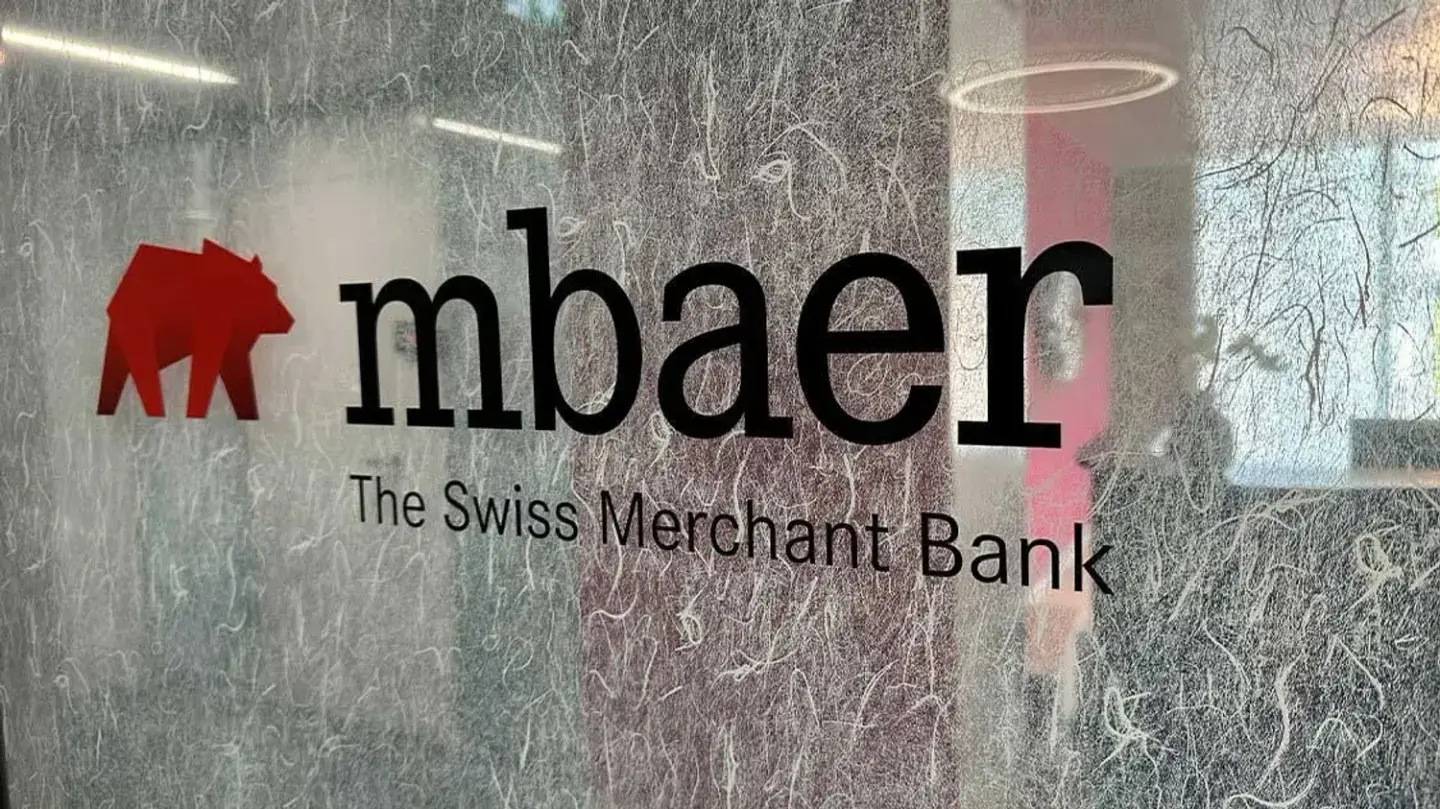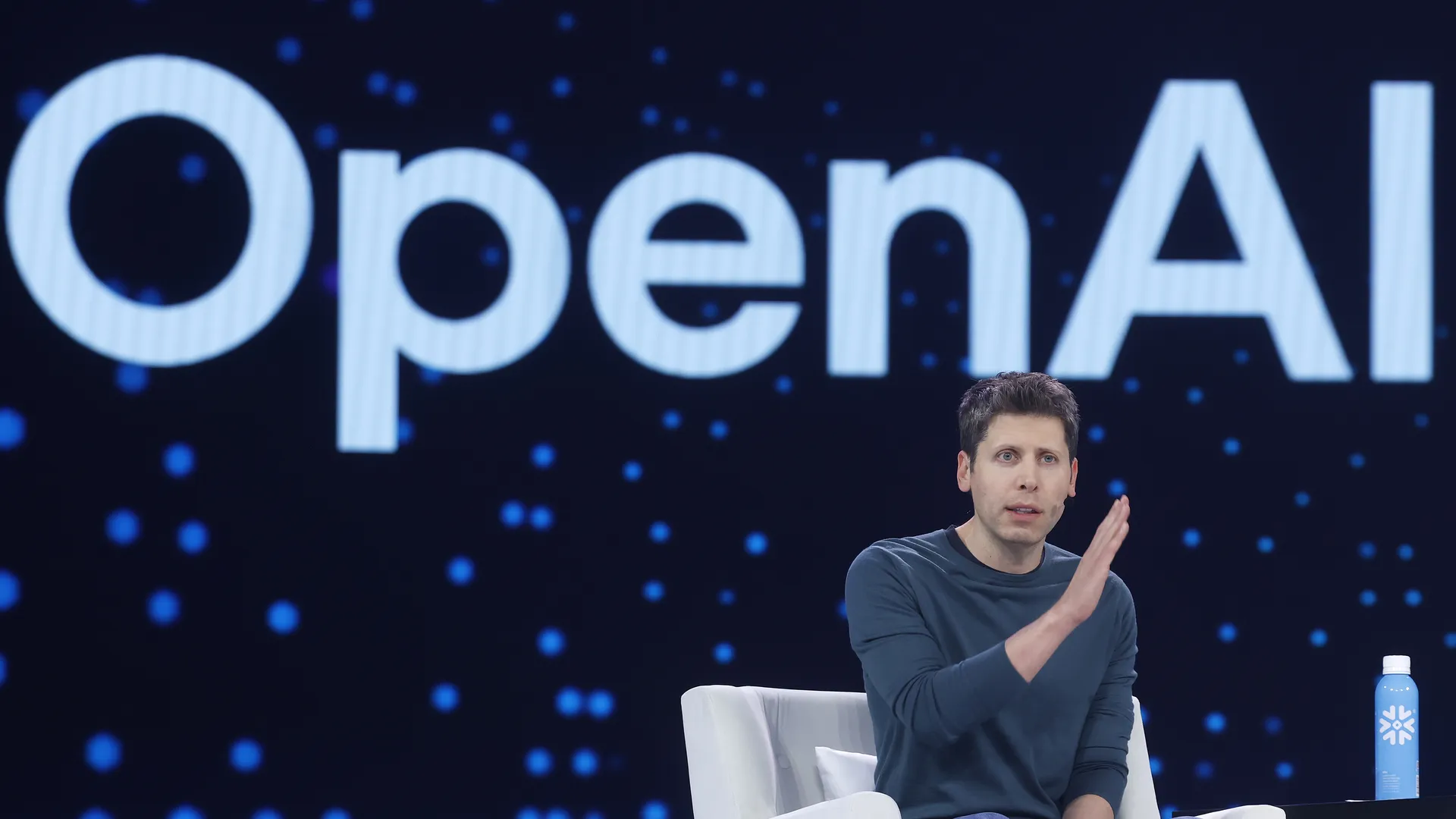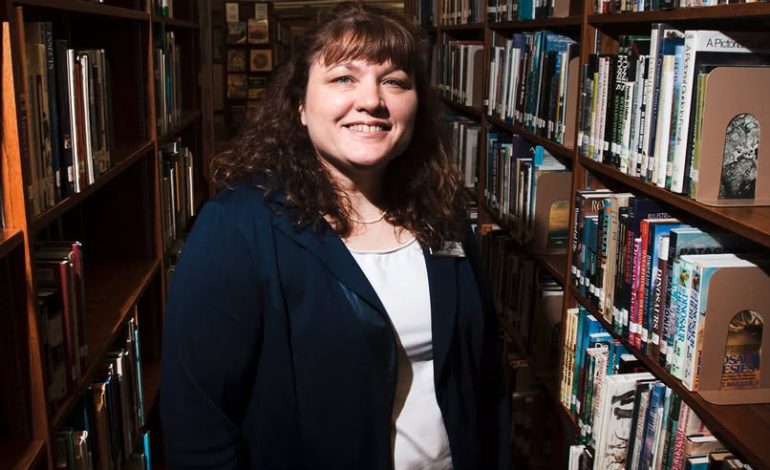Campbell County has agreed to pay former library director Terri Lesley $700,000 to end her federal lawsuit, closing a bitter, years-long battle over LGBTQ-themed books and programming in the public library system. Under the deal, the county admits no wrongdoing, and Lesley will drop all claims against current and former officials she said targeted her for defending access to contested materials.
The settlement, confirmed by Lesley’s attorney and detailed in documents reviewed by local outlets, gives the county a month to deliver the payment to Lesley through her legal team. On paper, it’s a truce: the agreement explicitly says the claims remain disputed and frames the payout as a cost-saving compromise to avoid more litigation. In practice, it’s a costly resolution to a culture-war fight that turned a library into a political battleground and a test case for First Amendment rights.
Lesley spent nearly three decades in the Campbell County Public Library System and more than a decade as its executive director. The conflict erupted in 2021 when the library’s social media recognized Pride Month and highlighted LGBTQ resources. That drew sharp pushback from some residents and county officials, who argued the government shouldn’t promote specific identities and demanded certain titles be moved or removed. Lesley consistently resisted those calls, warning that content-based removals could violate constitutional protections and expose the county to lawsuits.
The clash quickly sprawled. Commissioners and library board appointees challenged titles like “This Book Is Gay,” “Sex Is a Funny Word” and other sex-education or LGBTQ-focused books in the children’s and teen sections, labeling them explicit or pornographic. Lesley defended the catalog as age-appropriate within professional standards and warned that re-shelving books solely because of their themes amounted to censorship. By 2022, the library board had turned over, its mission statement was tweaked to emphasize “community standards,” and funding for parts of the collection was temporarily trimmed. In July 2023, the board fired Lesley.
In April, Lesley sued the county, two former commissioners and several library board members, accusing them of violating federal employment laws and retaliating against her advocacy for LGBTQ patrons. She said she faced a hostile work environment and was ultimately ousted because she refused to purge books a faction of residents disliked. The county and officials rejected that narrative in court filings, saying her termination stemmed from job-performance concerns, not protected speech or association.
Her lawyer, Iris Halpern, cast the settlement as a reminder that public institutions must serve entire communities, not only the loudest voices. In interviews, Halpern argued that libraries should remain open forums where minority groups aren’t pushed aside to appease political pressure. The settlement, she suggested, underscores the legal risks of crossing those constitutional lines — and the financial ones, too, for local governments.
The $700,000 payout doesn’t end all the litigation swirling around the saga. A separate case Lesley filed against a local family — Hugh, Susan and Kevin Bennett — is still live, with a jury trial set for March. That suit claims the Bennetts waged a campaign that included false statements and efforts to have Lesley prosecuted for “disseminating obscenity,” an allegation a special prosecutor declined to pursue after reviewing challenged books and Wyoming law. This spring, a federal judge allowed several of Lesley’s claims against the Bennetts to proceed to discovery, a procedural win that carved new ground in Wyoming by recognizing protections not only for LGBTQ individuals but for those who advocate alongside them.
Inside Campbell County, the settlement lands as the library remains a flashpoint. Supporters of the board’s tougher stance argue they’re simply asserting local standards in children’s sections. Free-speech advocates counter that “community standards” can’t become a pretext for viewpoint discrimination, especially in a public library obligated to provide broad access. The legal skirmishes elsewhere in the country show how often those two arguments collide — and how expensive the fallout can be.
For Lesley, the deal brings closure to the case against the county and the officials she accused of orchestrating her ouster. For taxpayers, it raises inevitable questions about who pays and whether insurance covers the full amount; county leaders and their insurer did not immediately comment. And for librarians across the state, the settlement reads like a caution sign: fights over what sits on the shelves are no longer just local dust-ups — they’re potential civil-rights cases with six-figure consequences.
What’s next will play out on two tracks. In court, the Bennetts case moves toward trial. In Campbell County, the library system continues under a board that has already reshaped policy and mission language. Whether this settlement cools the temperature around the stacks — or simply hardens the lines for the next legal round — is the question facing a community still arguing over who a public library is for, and what the First Amendment demands when those answers differ.
Cowboy State Daily, Wyoming Public Media, and Gillette News Record contributed to this report.










The latest news in your social feeds
Subscribe to our social media platforms to stay tuned